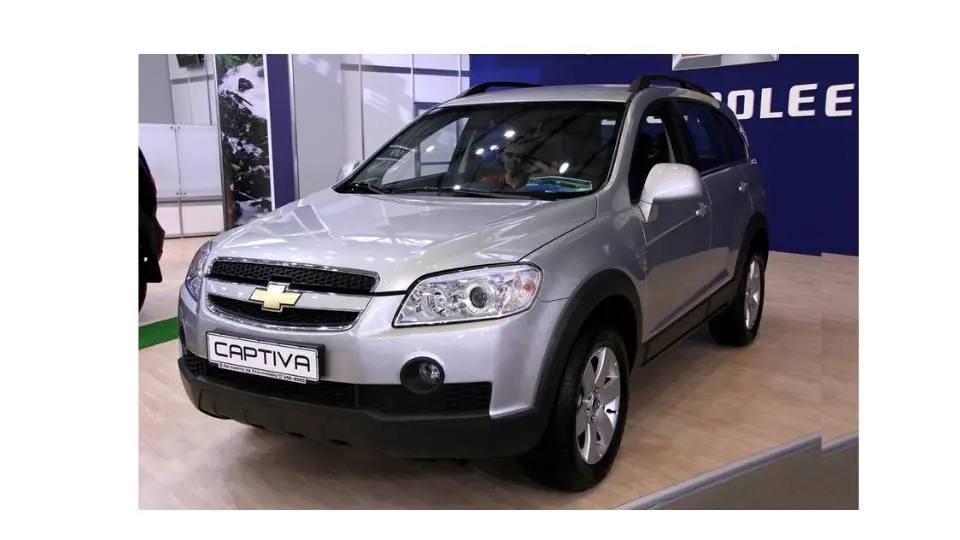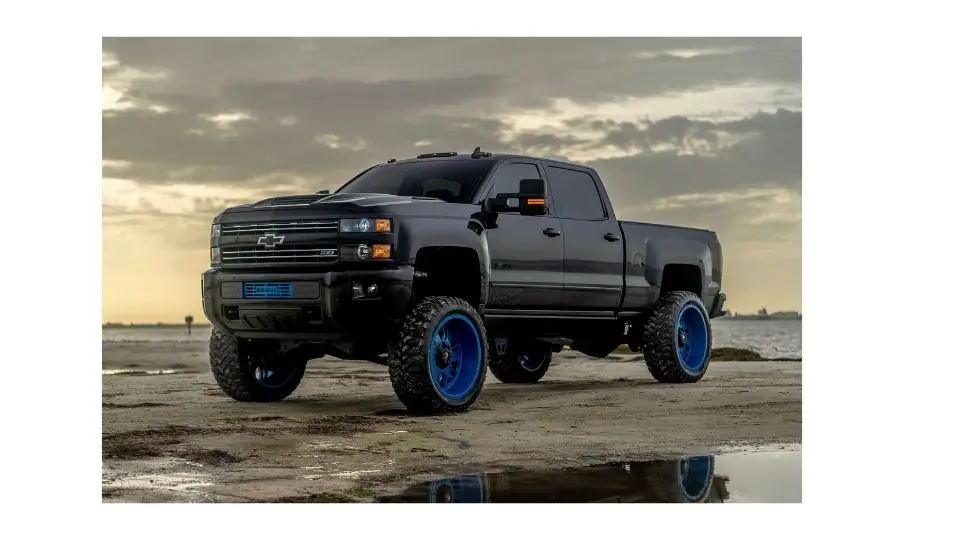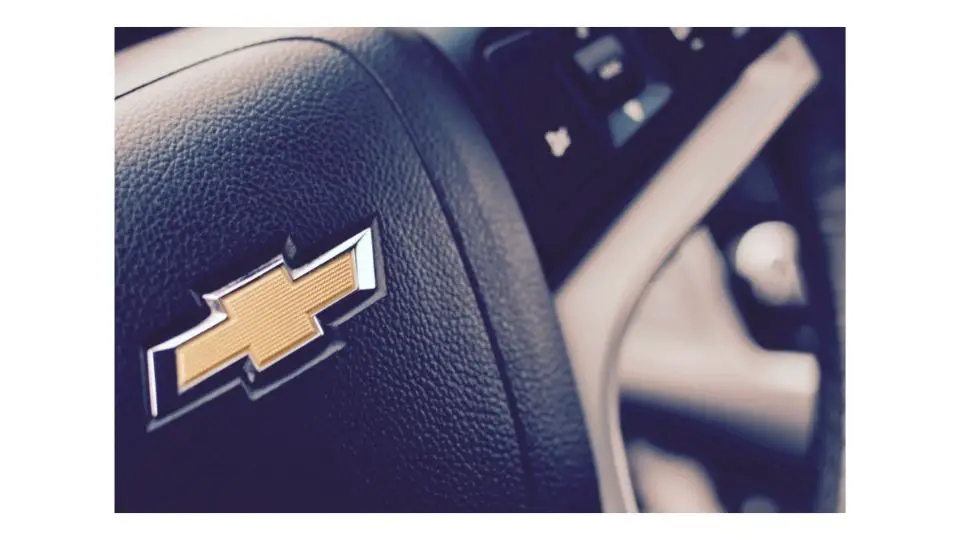The Chevrolet Captiva SUV is quite impressive, but every vehicle has its own fair share of problems. Today we’re going to be talking about problems with the Chevrolet Captiva and how reliable it is and more. Keep reading.
Common Chevrolet Captiva Problems
There are many common Chevrolet Captiva problems that owners often complain about. Some of the most common problems include:
Excessive oil consumption
This is probably the most common problem with Chevrolet Captivas. If your car uses more oil than it should, then this could be a sign that there is something wrong with the valve seals or rings of your engine.
Timing chain failure
Timing chains need regular maintenance to ensure that they will last for as long as possible. If your timing chain breaks down due to lack of maintenance or bad parts, then it could lead to serious engine damage.
Battery Issues
The battery of the Chevrolet Captiva is known for getting damaged after some time. Many people have complained about this issue on forums and online communities. This issue can be very annoying as it will prevent you from starting your vehicle when you need it most. If you are facing this problem, then you can get it replaced by an authorized service center or dealer near you.
Check Engine Light On
The check engine light on your dashboard is one of the most dreaded things to see when you’re driving down the road. It can mean something serious like a bad catalytic converter or something minor like your gas cap isn’t on tight enough. Either way, it’s important to get it checked out as soon as possible.
Transmission Problems
Transmission problems can be caused by a faulty clutch or pressure plate inside the transmission. If your car has this issue, it will feel like it’s stuck in gear or won’t shift properly when accelerating or decelerating.
Is Captiva a Reliable Car?
In short, no. It’s not a bad car, but it’s not very reliable either. The Captiva is known for having a lot of issues, while some can be expensive to repair. If you’re looking for a reliable car that will last you through many years of driving, the Captiva may not be right for you.
Instead, consider choosing another vehicle that includes better engines and transmissions and is more likely to last longer than this one does. However, if you’re looking for something less expensive than other cars of its kind, then this one may suit your needs perfectly, but might cost you a lot on the long run.
How long does a Chevy Captiva engine last?
Chevrolet Captiva’s engines are known to last for more than 100,000 miles. However, like most cars, there are some things you can do to ensure that your engine runs smoothly for the longest time possible.
1. Keep it clean
A clean engine is less likely to break down. Wash the engine regularly with water and mild soap. Make sure there are no leaves or other debris in the area where you park your car. This will prevent dirt from accumulating on the engine parts and causing damage later on.
2. Check oil levels
You should check your oil level every month or so to make sure everything is running smoothly. Add oil if necessary so that it doesn’t dip below the minimum mark in the dipstick tube (usually about halfway). If you don’t know where it is, ask someone at an auto parts store for help or look at your owner’s manual for instructions on how to do it yourself (it’s very simple).
3. Change spark plugs
Spark plugs need replacing every 20,000 miles or so because they become worn down over time and stop working as well as they should (which can lead to misfires). This is an easy DIY job, but if you don’t know what you’re doing it’s best left to a professional mechanic.
Why did Chevrolet stop making the Captiva?
Chevrolet has decided to discontinue the Captiva crossover and focus on the Equinox instead. The last model year of the Captiva was in 2018. Chevrolet explained its decision by saying that Equinox “provides a more compelling value proposition.
” That’s a fair assessment, as the Equinox is a better crossover than the Captiva ever was. The new Equinox is smaller than before, which makes sense because it’s more efficient than a larger vehicle like the Captiva. But it still offers plenty of space for passengers and cargo, as well as comfortable seating for five people.

Tomas is a retired Chevy Auto Technician that brings decades of hands-on experience and expertise to the table. He’s also a father to two incredible daughters. He enjoys using his knowledge and experience to help you solve and find reliable information on Chevrolet vehicles. Whether it’s troubleshooting engine problems or providing tips for maintenance, Thomas is committed to helping Chevy owners keep their vehicles running smoothly and safely.




